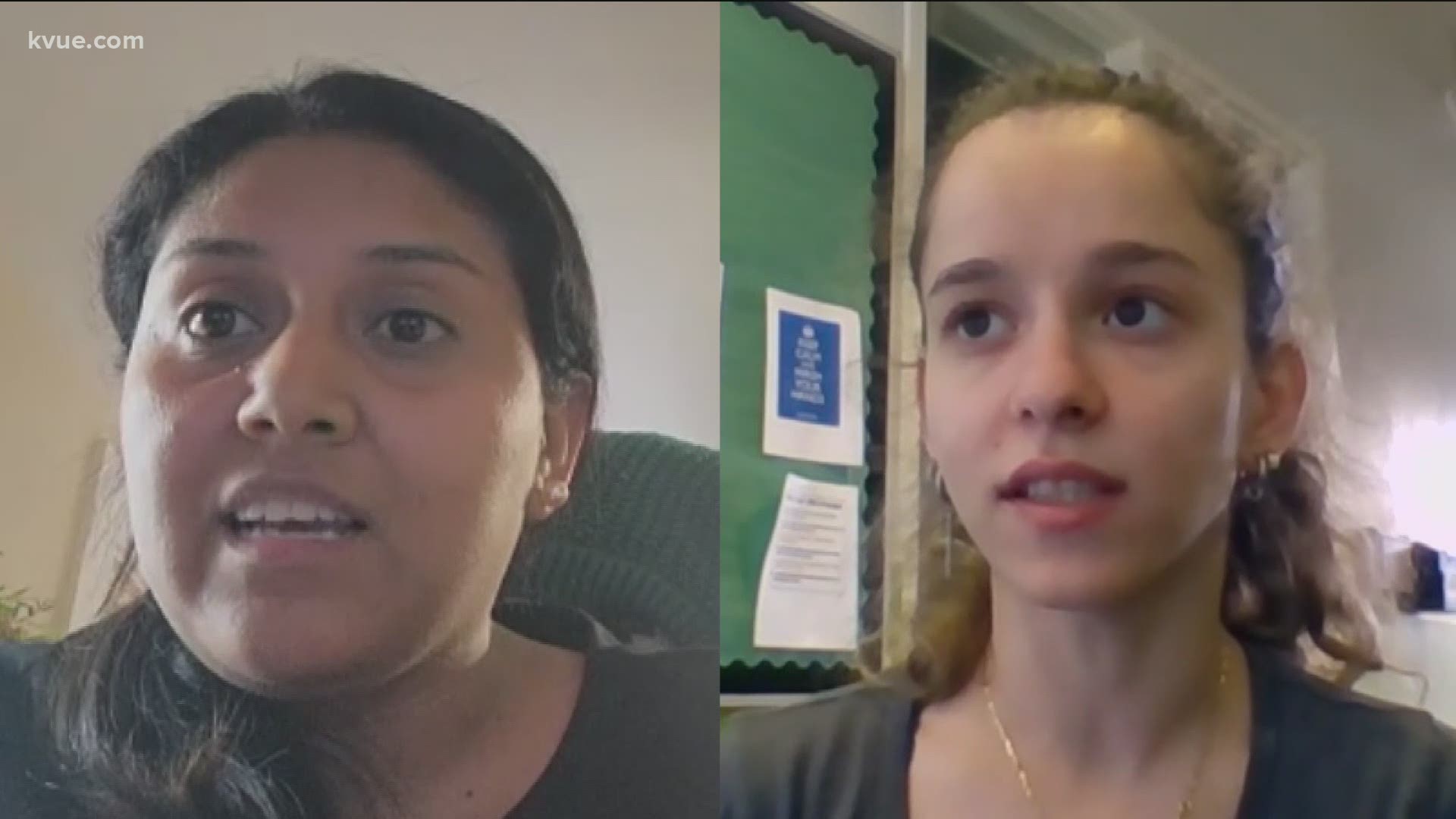AUSTIN, Texas — Criminal justice covers a wide range of topics: courtrooms, rehabilitation, education and law enforcement. With calls for criminal justice reform across the country, students are taking advantage of witnessing change.
"I didn't want to be a police officer. I don't want to be a lawyer. I didn't want to go back to grad school just yet. I wanted to do something more in tune to the community," Jennifer Harb, who graduated from St. Edward's University's criminal justice program last year, said. "I went to SAFE Alliance and where I am right now, working with victims, providing aid and care."
Harb added criminal justice always fascinated her. A year after the death of George Floyd, she's still using the aftermath to pursue her passion further.
"As the Black Lives Matter movement had picked up and with the death of George Floyd, a lot of things come to light," Harb said. "It was things that I had already learned."
Harb now plans to go back to school to educate others about the complexities of criminal justice.
"Even within law and order, there's always prejudices," Harb said. "There's always that internal bias, and it's present in a lot of our criminal justice and court systems today."
In Texas, criminal justice reform can most clearly be seen in the George Floyd Act and Javier Ambler Act passed by the state legislature this session. Gov. Greg Abbott signed the Javier Ambler Act into law on Wednesday.
"We really connect the criminal justice text to these issues that are right out there right now in the media," Carsten Andresen said.
Andresen is an assistant professor of criminal justice at St. Edward's University. He's taught there for the past five years, but been in the criminal justice field since the late '90s.
"The big difference that I've seen in the last five years is that I think that in some ways ... some politicians have moved away from reform and have sort of doubled down on a hard-edged law enforcement approach," Andresen said. "Whereas about 20 years ago ... I saw there being more of an effort in law enforcement, more of an effort with politicians, saying we need to reform the system on both sides. So there have been reforms in corrections, but with policing, it's been strange that I haven't heard a sort of a softer voice from the policing perspective."
Andresen called criminal justice reform a "time loop," meaning the causes of 50 years ago are remarkably similar to the ones now.
"I always tell my students, you go back 50 years, you bring in the issues we're talking about today, they are very similar," Andresen said. "We're still dealing with these dilemmas of the police or the courts or the corrections system, trying to sort out some confusion about their mission, trying to sort of do their jobs and then entering into controversies."
Harb agrees, calling it a circle.
"It is always ever-changing, but it always tends to look back around to the same subjects," Harb said.
Karina Pacheco graduated from St. Edward's University this month. She's using her experience and current events to pursue work in immigration law.
"Things that are happening at the border basically influenced me to continue my education in the law field," Pacheco said.
Working as a paralegal for an immigration attorney, she wants people to understand criminal justice is not just being part of law enforcement.
"A lot of people when they ask me, 'Oh, what's your major?' I'm like, 'Oh, it's criminal justice.' And they immediately tell me, 'Oh, so you want to be a cop?'" Pacheco said. "I'm like, 'No, basically, criminal justice is like this umbrella for all these different professions.'"
PEOPLE ARE ALSO READING:

